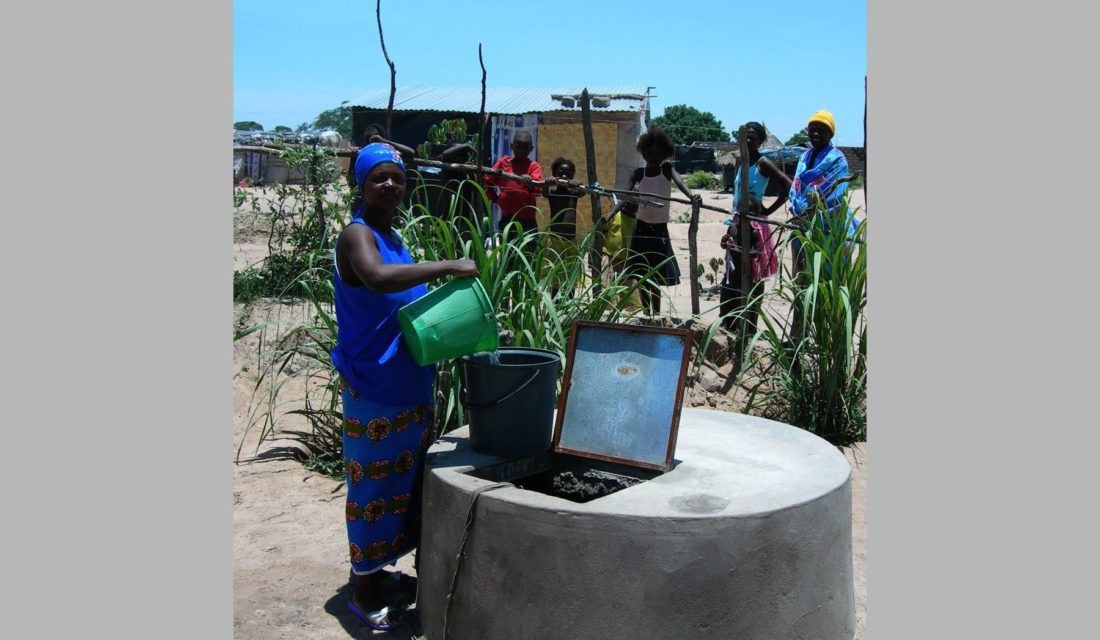Water: An Essential Aspect of Our Faith

October 15 is Blog Action Day, an annual event uniting thousands of bloggers worldwide to post on a selected issue, with the goal of inspiring global discussion and action. This year’s topic is water.
Noah’s voyage with his family and the animals to a cleansed world through the flood is a beloved (if not frightful) story.
Moses’ discovery as a baby in a basket floating down the Nile, and the parting of the Red Sea as he brings our Jewish ancestors out of slavery in Egypt, foreshadow the transformational aspects of Jesus’ baptism by John.
Indeed, the transforming qualities of water suffuse our faith, our Bible and our stories. Water marks the passage from life through death to life again.
Water is turned into wine. Wine becomes the blood of Christ.
And yet, on a more immediate level, access to clean water and sanitation remains one of the singular challenges of people living in extreme poverty around the world. As a faith-based organization, where water plays such a central role, how do we address this issue?
Here’s but one of potentially hundreds of examples:
Maria, her husband Juan and their five children knew the harmful effects of dirty, contaminated water in their village of Bijagua, Nicaragua. They used to bring the household water for cooking, bathing, drinking and washing in buckets from a stream 10 minutes away from their home — the same stream in which cattle roamed.
The children were constantly sick with diarrhea, and getting the water each day was a real burden. “Our daughter spent so much time carrying water, she was falling behind in her school work,” said Maria. “We always worried about her walking alone in the dark of the early mornings and evenings. There are poisonous snakes around here.”
Episcopal Relief & Development partnered with El Porvenir, an organization that works in Nicaraguan communities to develop water, sanitation and reforestation projects. The program also provided Maria and her community with education and training on properly maintaining the water system, hygiene practices and protecting children and families from preventable diseases. Instances of waterborne illnesses were also tracked by local health monitors.
Now Bijagua has safe water and residents can stay healthy. “Our daughter is excelling in school now that she doesn’t have to carry buckets of water. And the children don’t have diarrhea anymore,” Maria stated.
Access to clean water transformed life for Maria, Juan and their five children. The waters of baptism have also transformed our lives. We now live in the power of Christ’s resurrection, seeking to serve others as he himself served.


